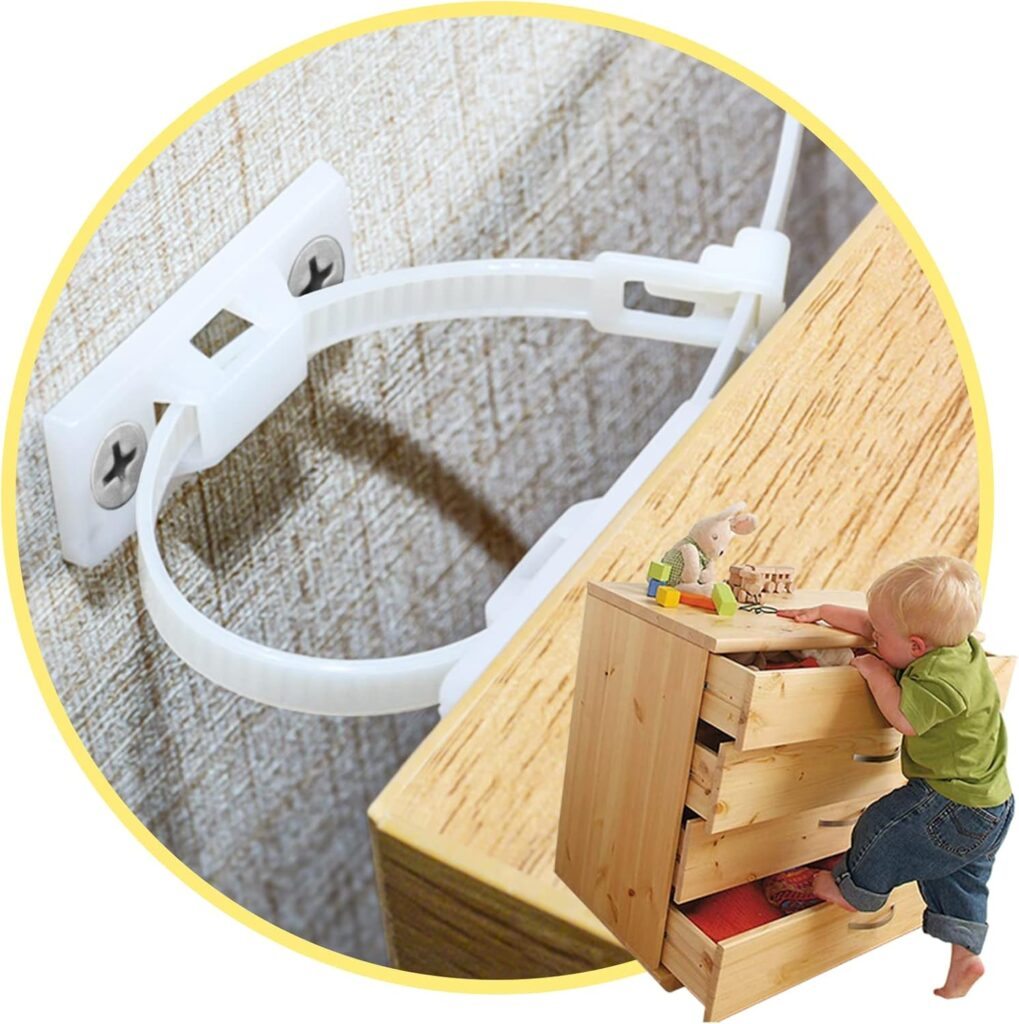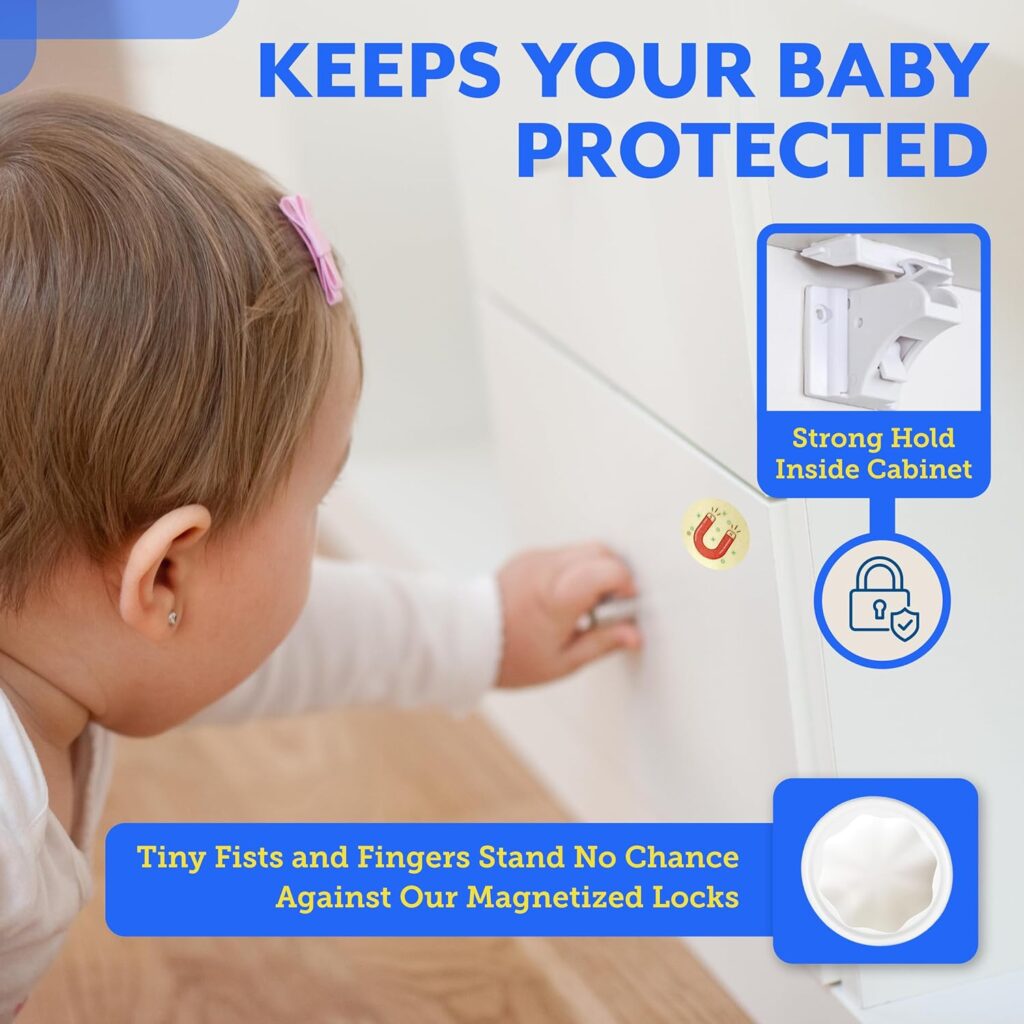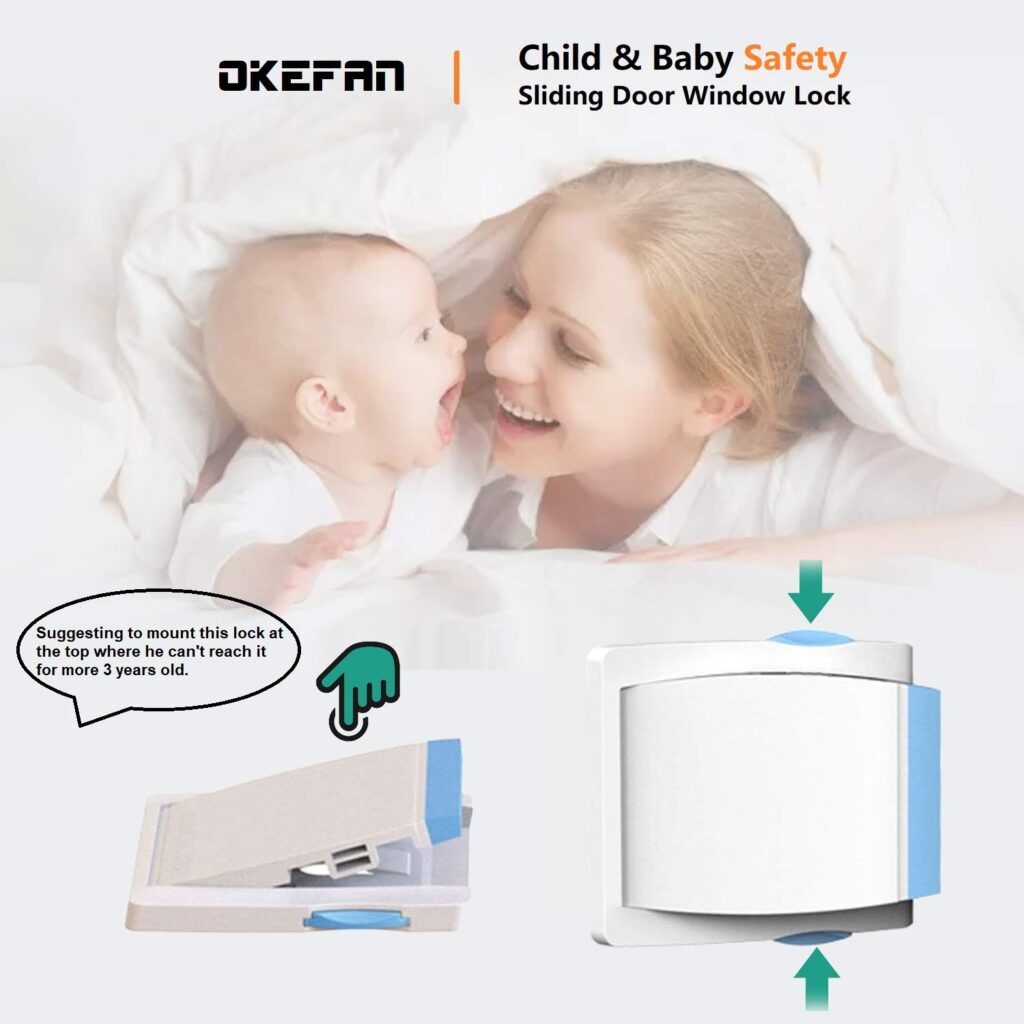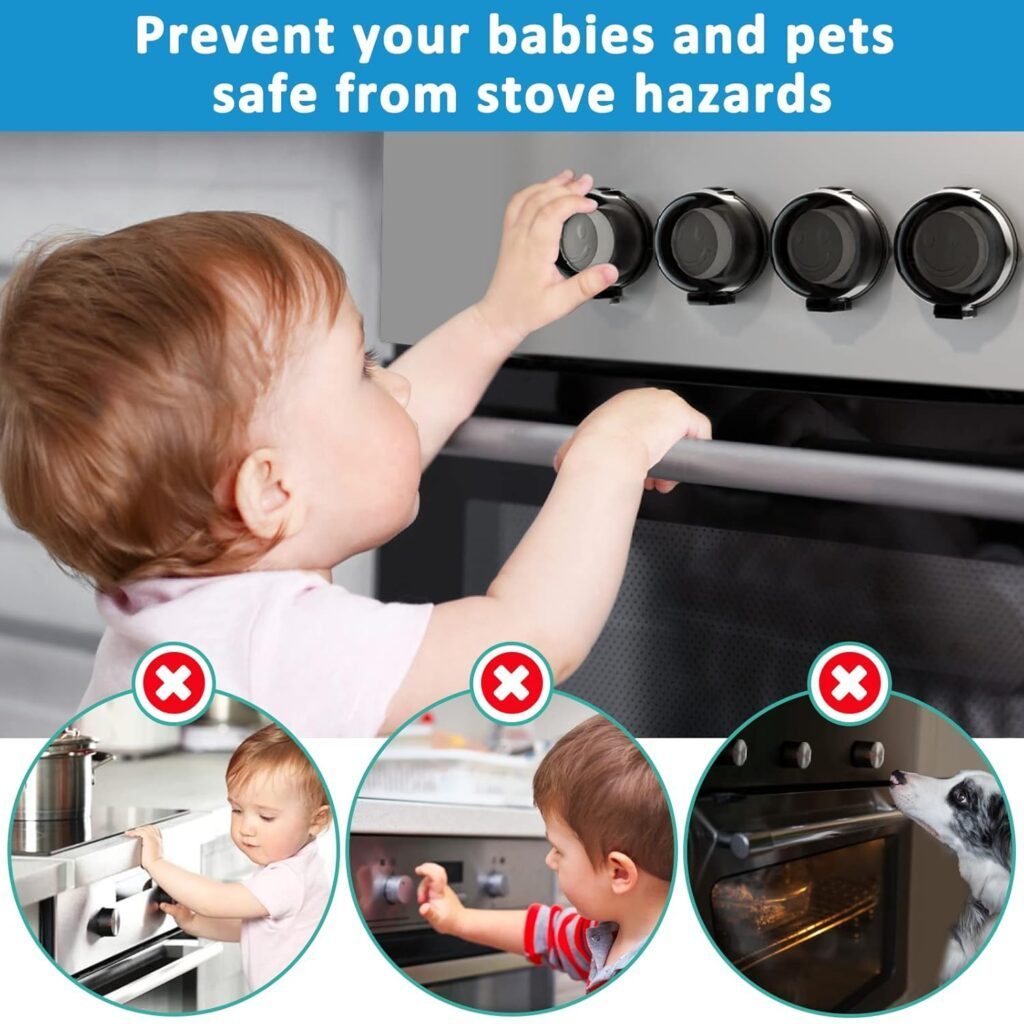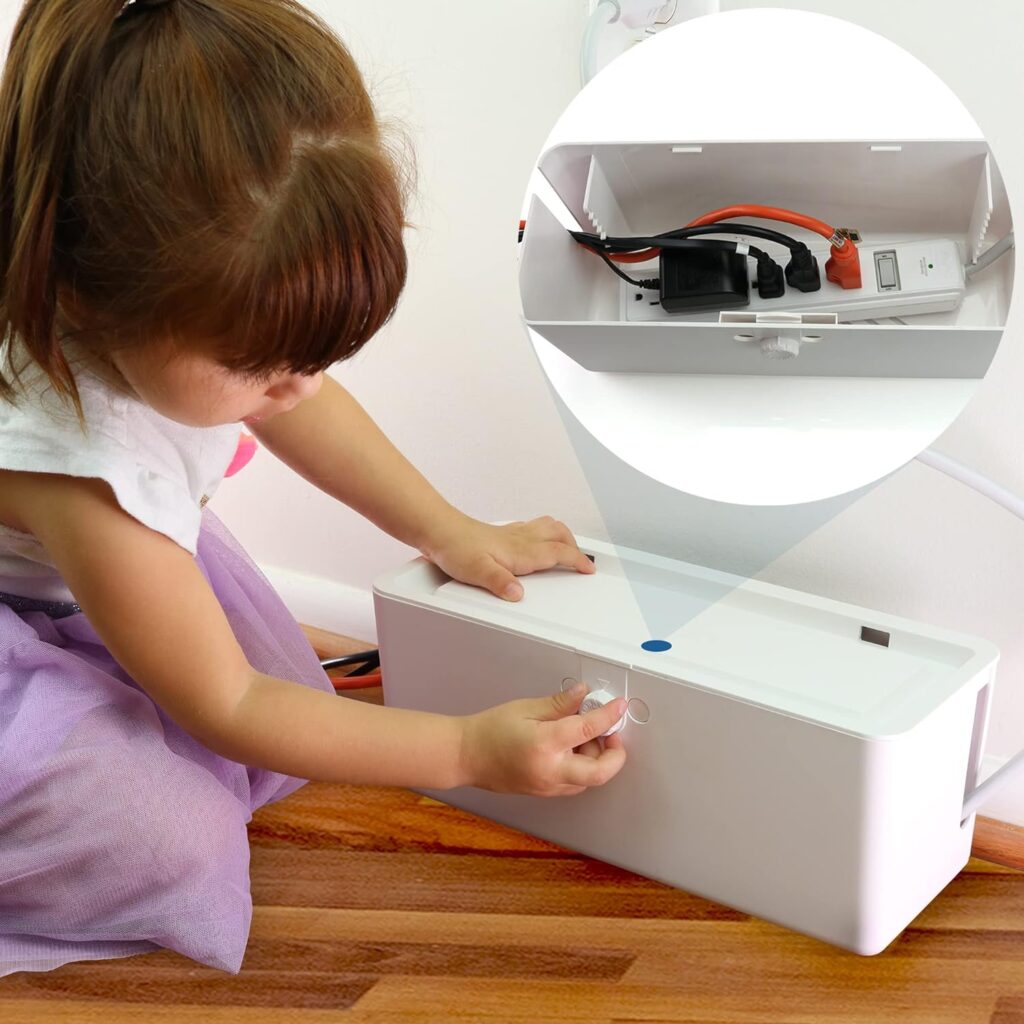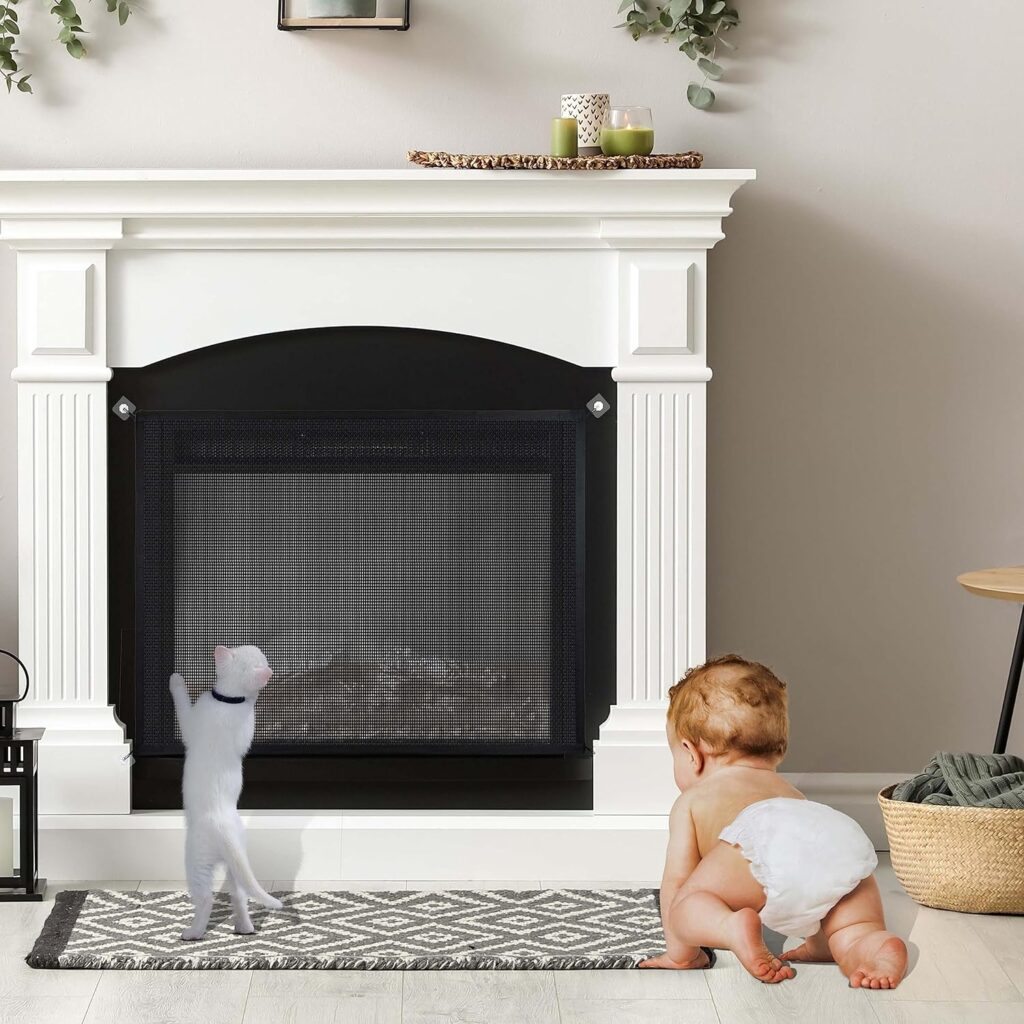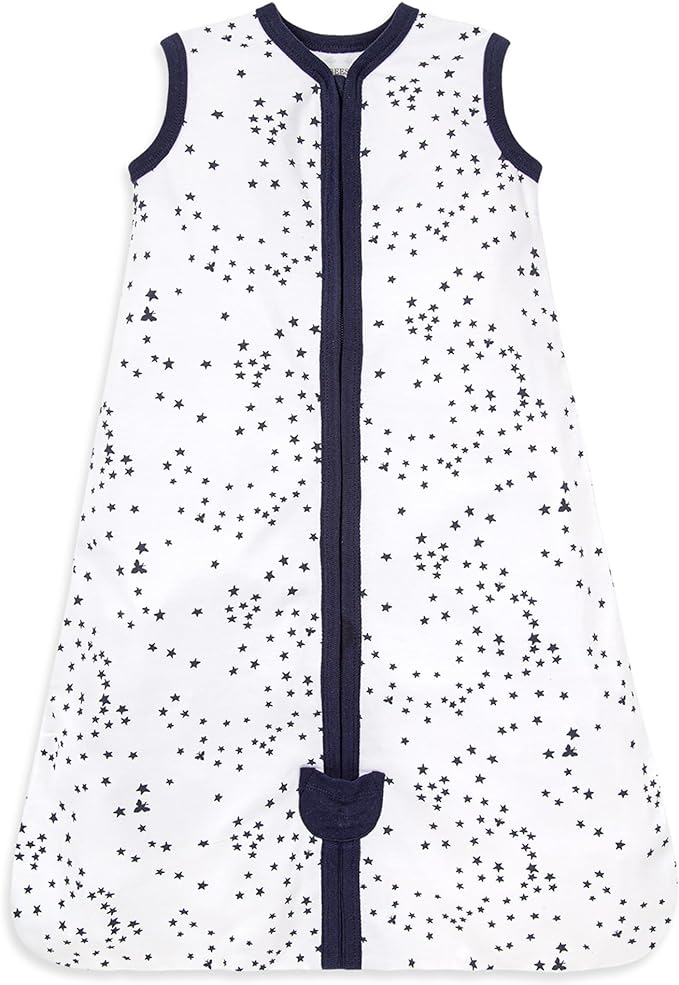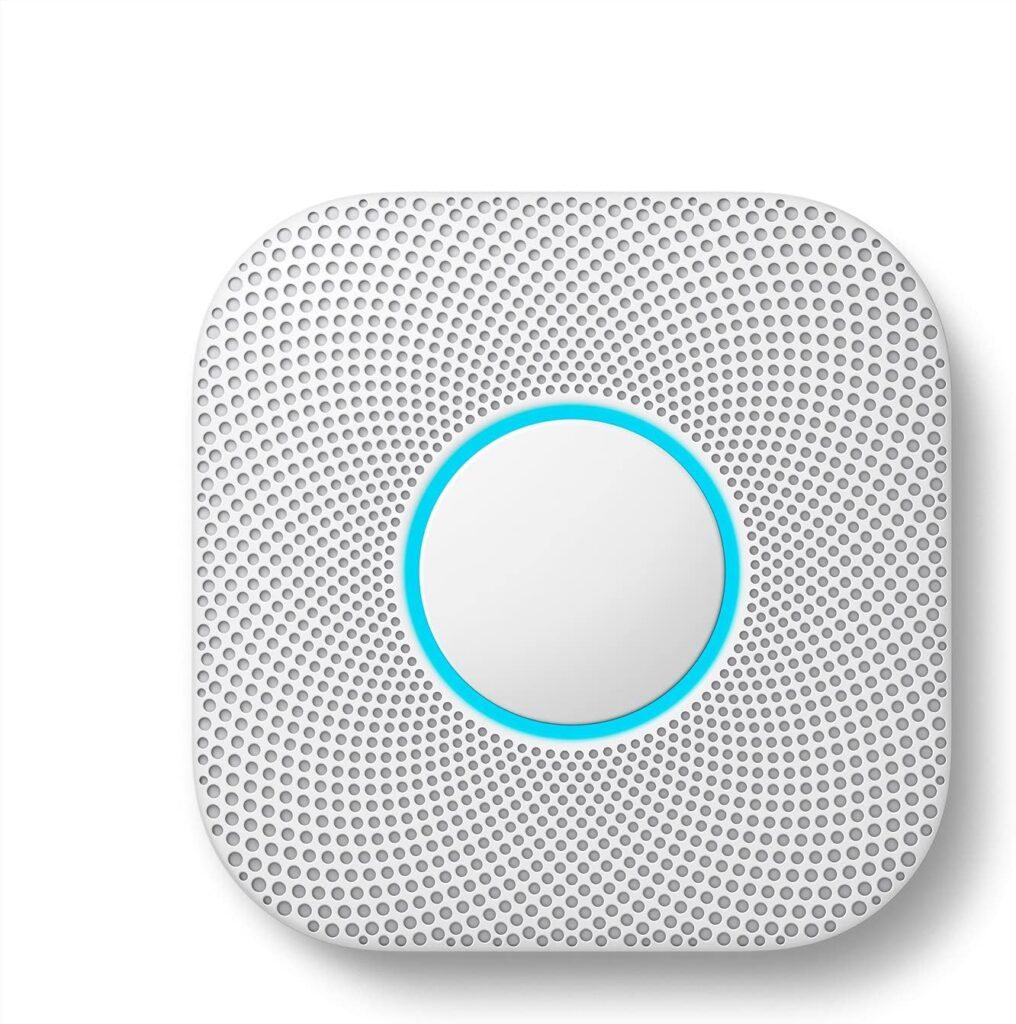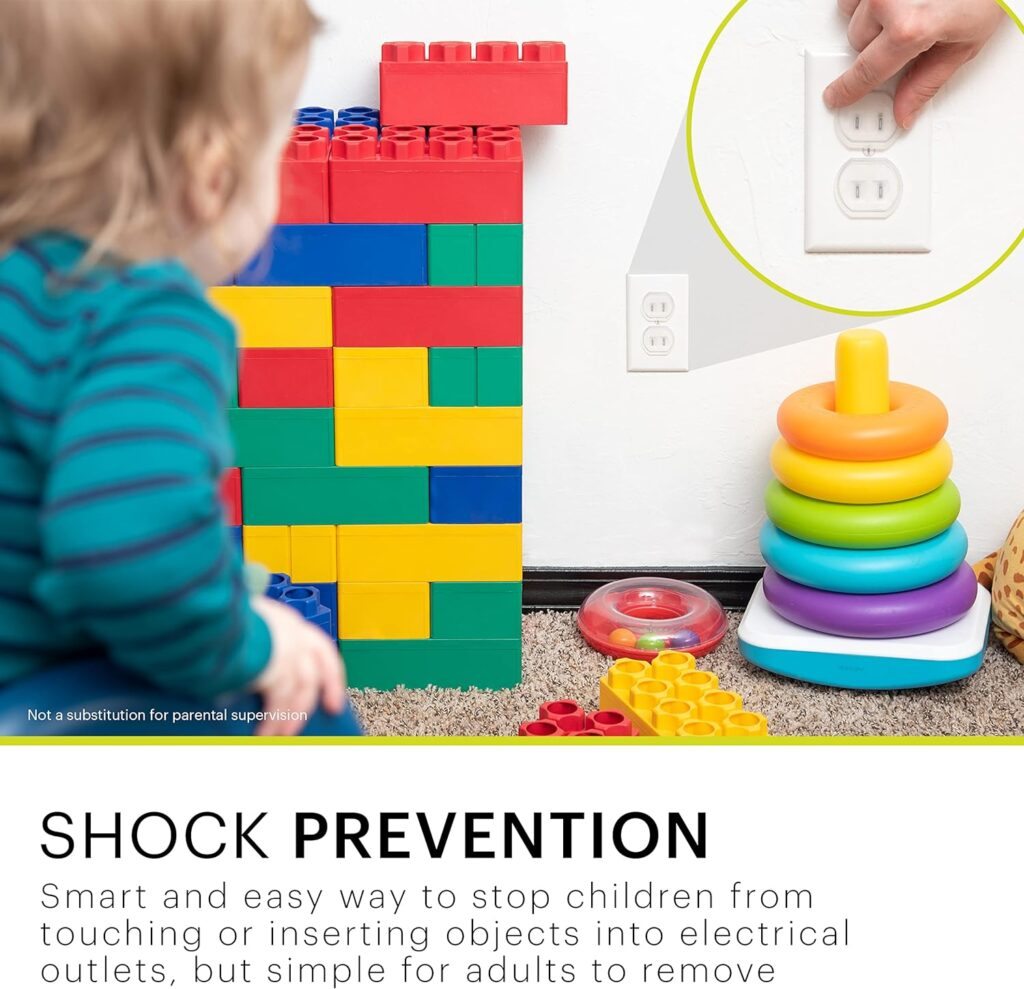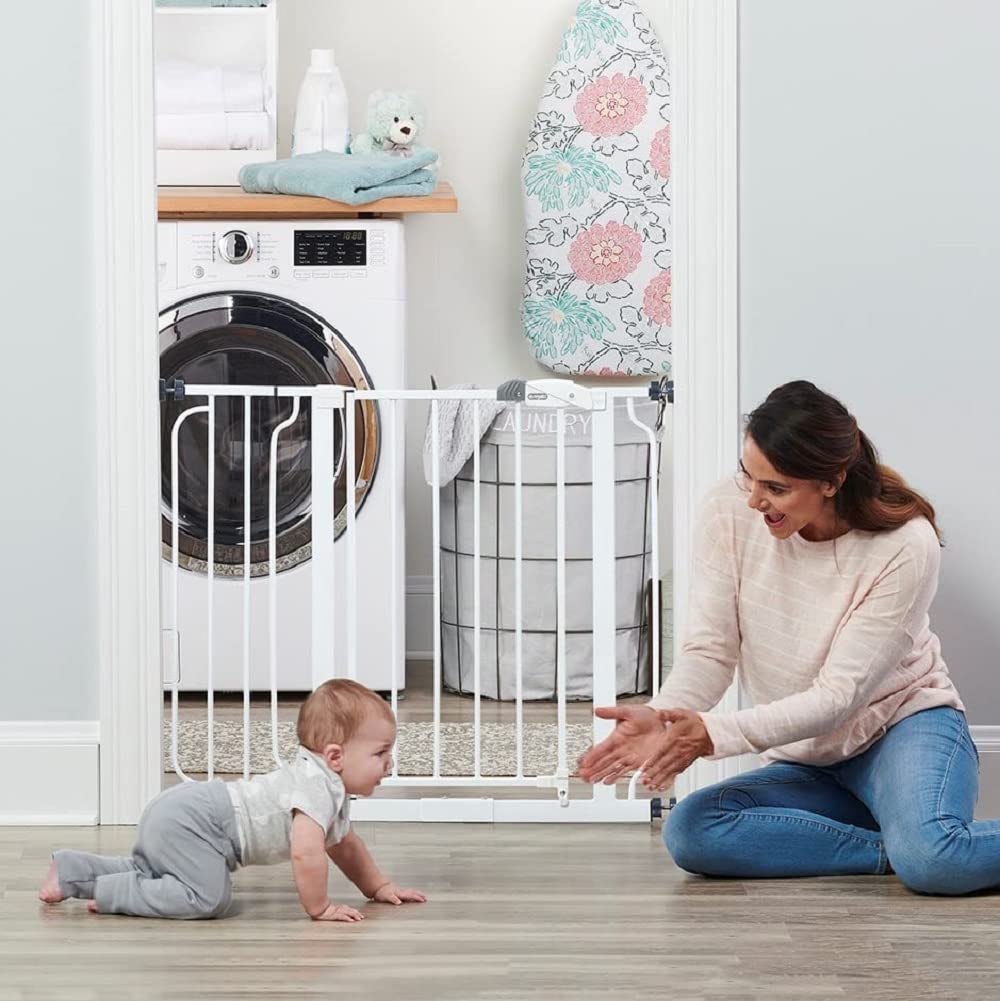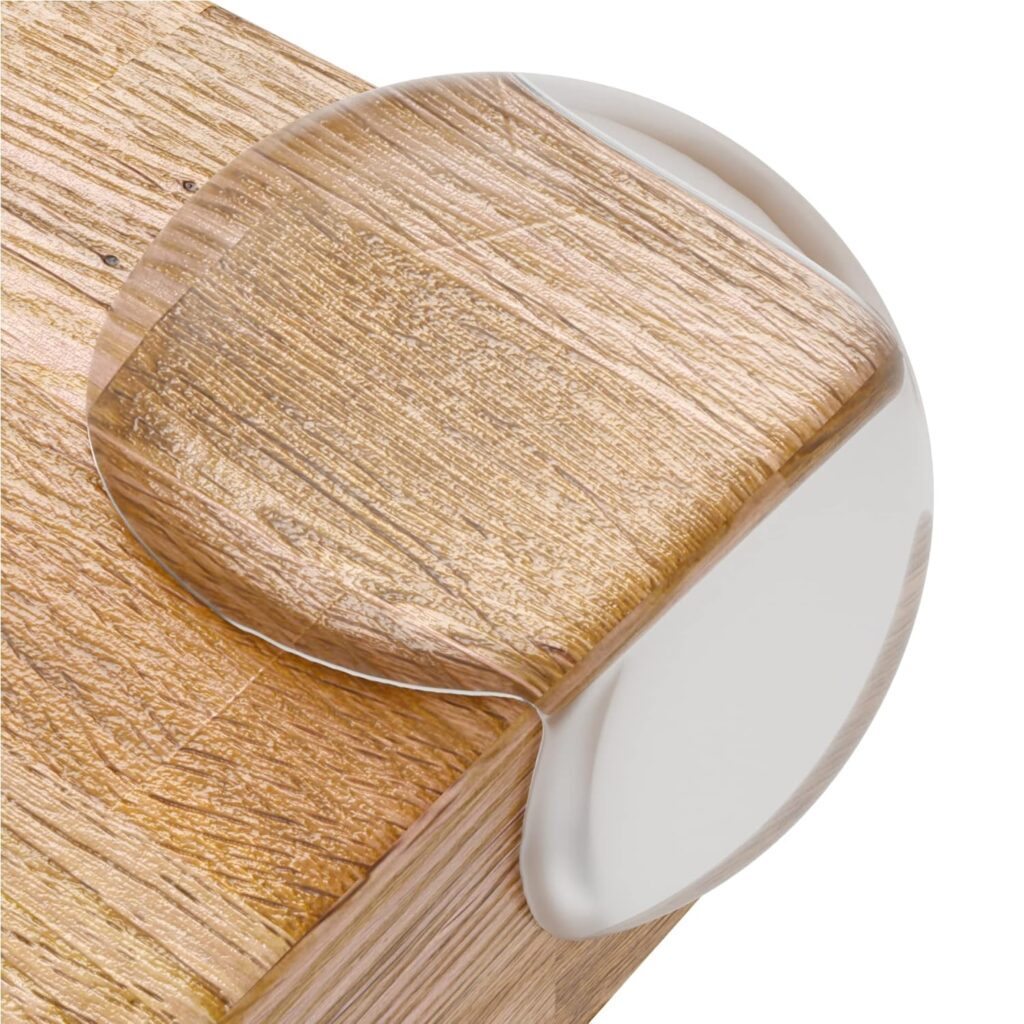Crawling, climbing, and curious – that’s the name of the game for most babies! As your little explorer embarks on their journey of discovery, it’s natural to want to create a safe and secure environment for them to thrive. Here are 11 easy and effective ways to baby-proof your home, transforming it into a playful space while giving you peace of mind.
Mount furniture to the wall
Babies don’t weigh much, but they can still flip a dresser over. Those of you who live in areas prone to earthquakes might already now know how securing furniture works.
You don’t need to go so far as nailing into your floor. Secure furniture is to use plastic or metal brackets that screw into the wall and make sure it won’t tip over.
Lock your cabinets
Medicine bottles, cleaning products, knife drawers–we definitely don’t want kids getting into these. Most products these days come with baby-proof lids but it’s still important to go the extra step and lock the cabinets too.
Some locks wrap around the doorknobs and are released with a button or slide. Another option is using magnetic locks. With these, you simply remove the magnet on the outside to open the door.
Install window locks
It’s great having the windows open on a warm door, isn’t it? Fresh air is good for everybody! Still, just like cabinet doors, you should install window locks so your child can’t climb through.
A good way to ensure your tot can’t escape is to use a window stoppers. Keep the window from opening more than a few inches.
Use stove knob covers
We’ve all had a moment of panic about whether we left the stove on. Worse would be if you never turned on the stove at all–but your baby did.
To ensure your baby can’t reach your stove knobs, I recommend using stove knob covers. These are plastic hinged covers. You can flip them up and turn the knob when you need them. Baby-proof your home and keep your baby safe.
Hide electrical cords
Babies love to grab at things, and cords are no exception. Whether they’re lamps, appliances, or holiday lights, the cords should be hidden and tucked away so they can’t pull on them. Cable management is good practice, anyway.
First, you want cords out of sight. Use outlet cover box to hide your power strips . Also, hide cables, use hooks or cable protectors that attach to the wall. You can also run cords behind furniture or tape them down along baseboards.
Install a fireplace screen
If you have a fireplace then you’ll definitely want a fireplace screen. These can either be doors that are attached to the fireplace or gates that block off the whole area
Avoid freestanding screens because even a small child can knock these over and get access to the fireplace.
Keep the baby’s crib free of toys, pillows, and blankets
Be sure there’s nothing in the crib with your baby, especially if they’re less than a year old. Even if they’re older than a year, the CDC still recommends you don’t keep anything in bed with them. Yes, even that favorite toy. Use sleepy sacks for keeping your baby warm.
Toys, pillows, and blankies in the crib look cute, but they pose suffocation risks. Small objects, like tiny toys or necklaces, can be a choking hazard. Alone in their cribs is when babies are their most unsupervised, so you should take extra caution and baby-proof the crib.
Check your smoke and carbon detector
Functional smoke and carbon monoxide detectors are important for everyone. Carbon monoxide poisoning is a silent killer, and fires can be disastrous.
Test that the detectors work by pressing the “test” button and waiting till you hear a couple of beeps. If the sound doesn’t go off or is faint, replace the batteries. If the device still doesn’t work, you might have a faulty device and need to replace it.
Use electrical outlet covers
Is there a worse combination than a baby next to an outlet? Small children can’t know the dangers of electrical outlets or cords just yet, so you have to block their access.
Use either plastic socket protectors that can be inserted into the outlet or adhere plastic outlet guards that can be opened and shut.
Install baby gates for stairs, outdoor access
I still remember the baby gates my own parents used to keep me from waddling off. Baby gates are great for blocking off stairs, pools, or any room you don’t want a baby in
These gates can be installed with screws, adhesive, or even tension. Some come with doors you can lock, while others are tall enough only an adult can step over.
Outdoor baby gates are especially important. You can use these for your backdoor. If you have a pool or hot tub, be sure there’s no way a child can get close enough to fall in.
Remove anything that can be in the child’s reach
My last tip to baby-proof is more of a general reminder than any gadget. You want to get into the habit of keeping things out of reach. One method is to get on the ground and look at your house from a baby’s perspective. What can you grab?
Some important things you might want to put away are tablecloths, houseplants, and sharp table corners or tools.
As always, it’s best to keep an eye on the baby and always know where they are. As they get better and better at crawling and climbing, you want to make sure your hot drinks are in your hands and not theirs.
Take a deep breath
This list of tips might seem overwhelming at first. As a new parent, there’s so much to remember about baby-proof (ing) your home. However, if you follow these guidelines, you can feel much better knowing your baby will be safer at home.
Disclosure: We use affiliate links to earn a small commission. If you choose to purchase something through one of these links, there is no cost to you.


